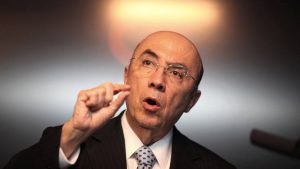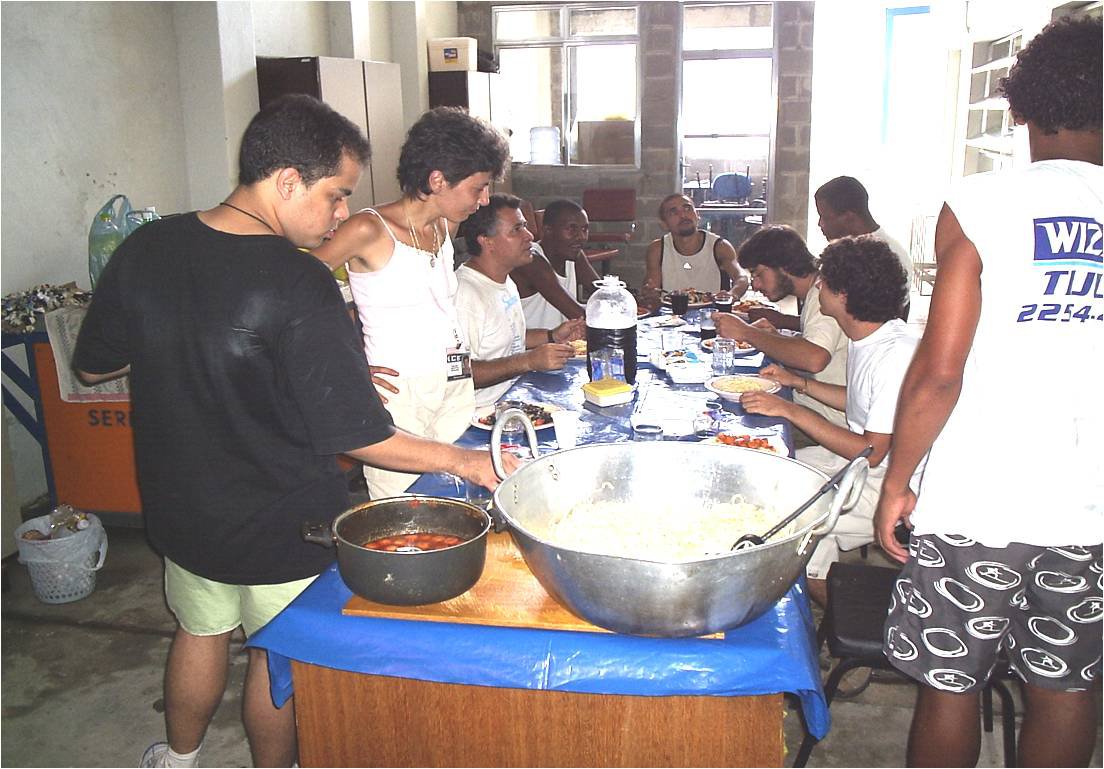 Finance Minister Henrique Meirelles said on May 30, 2017 that economic growth in the first quarter of this year, will be “very strong. Meirelles made the announcement while speaking to an audience of investors at the Brasil Investment Forum 2017, an event promoted by the Inter-American Development Bank (IDB), the Ministry of Planning, Development and Management and the Brazilian Trade and Investment Promotion Agency (Apex-Brasil).
Finance Minister Henrique Meirelles said on May 30, 2017 that economic growth in the first quarter of this year, will be “very strong. Meirelles made the announcement while speaking to an audience of investors at the Brasil Investment Forum 2017, an event promoted by the Inter-American Development Bank (IDB), the Ministry of Planning, Development and Management and the Brazilian Trade and Investment Promotion Agency (Apex-Brasil).
The minister also added that the index will be “slightly lower” than the IBC-Br, a benchmark estimated by the Central Bank, which pointed to 1.12% growth in Q1 2017 compared with the same quarter of 2016. “Growth in the first quarter was very strong.”
For Meirelles, growth is likely to continue in Q3 and Q4, at “an annualised rate of 3%”. According to him, the economy not only grew again, but also returned to normality after facing the biggest recession in Brazilian history. “Today we live in a different country. It is not just the numbers that are different,” he said, emphasising several times in his speech the existence of a set of rules that allowed the economy to overcome unfavourable cycles and other disturbances.
Asked about the possible impact of political issues on the performance of the economy, Meirelles said the fundamentals today are more solid. “The reforms are yielding concrete results. We had the approval of the spending ceiling bill, falling inflation, GDP growing again… Brazil has the conditions to move forward,” he said.
“Today we have institutionalised predictability in the Brazilian economy, with stable and long-term rules,” the finance minister said.
The approval of the constitutional amendment that set a ceiling for public spending increases was cited by Meirelles as a milestone in that process, since government finances had become unsustainable.
Meirelles also mentioned the Legislature’s commitment to approving pension and labour reforms. “Brazil is doing the reforms at the right time and place.”
“The time to invest is now, before prices reflect better-valued assets”, he said, adding that “Those who are present at the beginning of the cycle will benefit more”.
Breaking the monopoly
Speaking before Meirelles, the Brazilian Minister of Planning, Development and Management, Dyogo Oliveira, highlighted the important moment the country is going through, with a reversal of economic indicators now pointing to a positive framework.
“There is no better time to be in Brazil. Every investor knows that the right time to invest is not when the moment is at its peak, but when it is beginning to rise toward the peak”, Oliveira said. “Few countries in the world offer investment opportunities in as many and diverse areas as Brazil”.
The minister of planning stressed that international investors have reaffirmed their interest in Brazil. “We are at the beginning of a new and long cycle of investments that Brazil will experience,” he said.
Oliveira recalled that Brazil has experienced crises before, and knew how to overcome them. Overcoming crises has been a constant in the country’s economy, and this time will not be different,” he said. Among the signs that the country is moving forward, the minister cited the success of the airports concessions, which attracted international investors, and also the reversal of Petrobras’ pre-salt monopoly.
“It is a fact that in the last 12 months we have undergone a huge transition, coming out from inflation rates surpassing 10% per year, and are now seeing record-breaking foreign investments, record-breaking oil output, record-breaking agricultural production.” Oliveira concluded his remarks stressing the need to maintain the continuity of this growth process.
* Source: Press-Release/Portal Brasil











